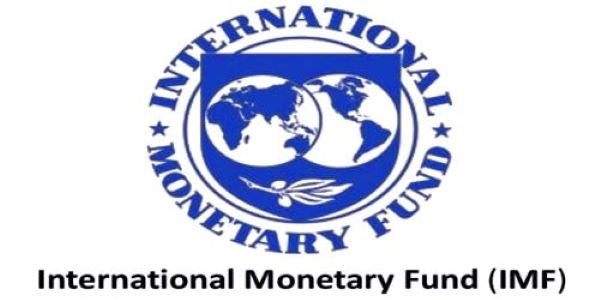The International Monetary Fund (IMF) has asserted that negative interest rate policies have succeeded in easing financial conditions, and, in the process, likely supported growth and inflation.
However, negative interest rate policies remain politically controversial, partly because they are often misunderstood raising an entirely new set of questions as to whether such policies would work as intended, the IMF noted.
Highlighting some of the questions posed, the IMF mentioned that there were concerns about risks, given the untested, and in many ways counterintuitive, nature of the move to negative interest rates.
“Would banks, households, and firms shift massively to cash in response to the new policies, thereby weakening the link between central bank rates and other interest rates? Would banks resist cutting lending rates, or even reduce lending to prevent profits from falling? Would negative interest rate policies provide a meaningful monetary stimulus?”.
IMF
Concerns about potential side effects of these novel policies also arose. Chief among the concerns were financial stability risks stemming from lowered bank profitability, and fear of disruptions in the functioning of financial markets and money market funds, the IMF added.
Despite these concerns, the effects of the COVID-19 crisis, in an environment where many central banks are constrained, have brought back negative interest rate policies to the forefront, the IMF hinted, adding that for instance, some estimate that such policies were up to 90 percent as effective as conventional monetary policy.
“Since 2012, a number of central banks introduced negative interest rate policies…After eight years of experience,… the initial skepticism (paying interest to borrowers rather than savers was certainly unprecedented) has proven largely misplaced.
“The evidence so far indicates negative interest rate policies have succeeded in easing financial conditions without raising significant financial stability concerns.
“Negative interest rate policies have proven their ability to stimulate inflation and output by roughly as much as comparable conventional interest rate cuts or other unconventional monetary policies”.
IMF

Additionally, the IMF reveals that based on evidence negative interest rates led to lower money-market rates, long-term yields, as well as bank rates. Notwithstanding the side effects, so far, adverse consequences on bank profits and financial stability have been limited.
“Overall, bank profits have not deteriorated, although banks that rely more on deposit funding— as well as smaller and more specialized banks— have suffered more. Larger banks have increased lending, introduced fees on deposit accounts, and benefited from capital gains.
“Of course, it is possible that the absence of a significant impact on bank profitability mostly reflects shorter-term effects, which could potentially be reversed over time. And side effects may still arise if policy rates go even more negative.
“Money market funds in countries that have adopted negative interest rate policies have not collapsed. And, even if the existing “low-for-long” environment does create significant financial stability concerns…, [such] policies per se do not appear to have compounded the problem…the increase in bank risk-taking does not appear…excessive”.
IMF
In conclusion, the IMF said that given the low level of the neutral real interest rate, many central banks may be forced to consider negative interest rate policies sooner or later.
“Thus, central banks that adopted negative rates may be able to cut them further. And those non-adopting central banks should not rule out adding a similar policy to their toolkit—even if they may be unlikely to use it”.
IMF























